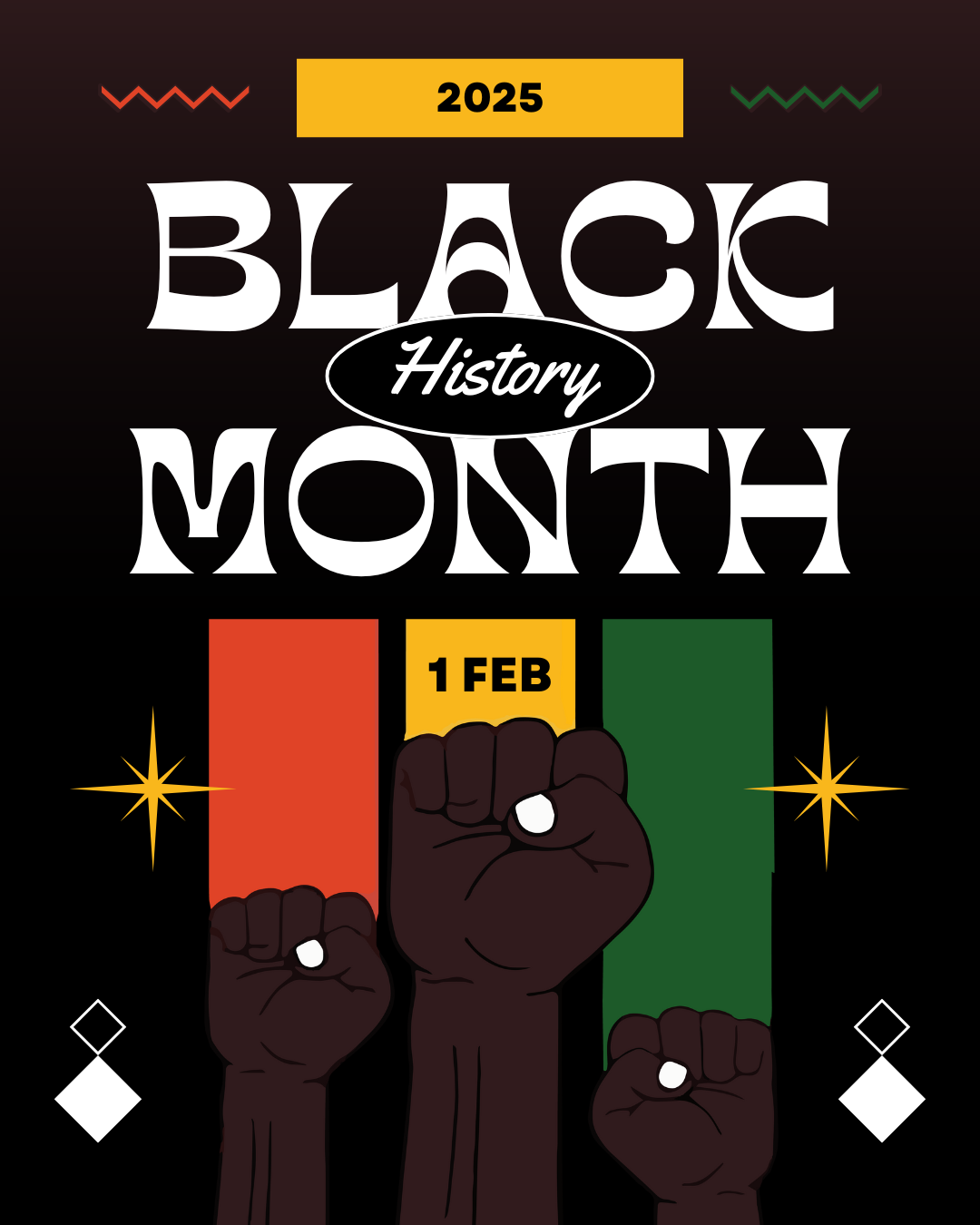As we celebrate Black History Month, it’s essential to recognize the contributions of Black and African American mental health practitioners who have paved the way for greater understanding, access, and advocacy in mental health care. Historically, Black communities have faced systemic barriers to mental health resources, yet many pioneering professionals have worked tirelessly to change that narrative.
Early Pioneers in Black Mental Health
Dr. Solomon Carter Fuller (1872–1953)
A pioneering psychiatrist, Dr. Solomon Carter Fuller was one of the first Black psychiatrists in the United States. His research in neurodegenerative diseases, particularly his work on Alzheimer’s disease, played a crucial role in advancing our understanding of mental health conditions. Despite facing discrimination, Dr. Fuller’s groundbreaking contributions continue to shape modern psychiatry.
Dr. Mamie Phipps Clark (1917–1983) & Dr. Kenneth B. Clark (1914–2005)
This husband-and-wife team of psychologists played a critical role in civil rights history. Their research on self-perception in Black children—famously known as the “Doll Test”—was instrumental in the Supreme Court’s decision in Brown v. Board of Education, which ruled that racial segregation in schools was unconstitutional. Their work highlighted the psychological impact of racism and segregation on mental health.
Shaping Modern Mental Health Practices
Dr. Maxie Clarence Maultsby Jr. (1932–2016)
Dr. Maultsby revolutionized cognitive-behavioral therapy with his Rational Behavior Therapy (RBT). His work focused on self-help techniques that empower individuals to manage their emotional and mental well-being, making mental health care more accessible.
Dr. Beverly Greene
A distinguished psychologist, Dr. Beverly Greene has been a leading voice in exploring the intersection of race, gender, and sexuality in mental health. Her research has significantly contributed to understanding the unique challenges faced by Black LGBTQ+ individuals.
Dr. Joy DeGruy
Dr. Joy DeGruy’s work on intergenerational trauma, particularly her book Post Traumatic Slave Syndrome: America’s Legacy of Enduring Injury and Healing, has sparked conversations on how historical oppression impacts the mental health of Black communities today.
The Ongoing Fight for Mental Health Equity
Despite progress, disparities in mental health care access and stigma within Black communities persist. Today, Black mental health practitioners continue to advocate for culturally competent care, breaking down barriers to treatment and promoting healing in ways that honor Black experiences.
During Black History Month, we recognize and celebrate these trailblazers while reaffirming our commitment to mental health equity. Their legacies remind us that mental health is a fundamental right, and their work continues to inspire future generations of practitioners and advocates.

